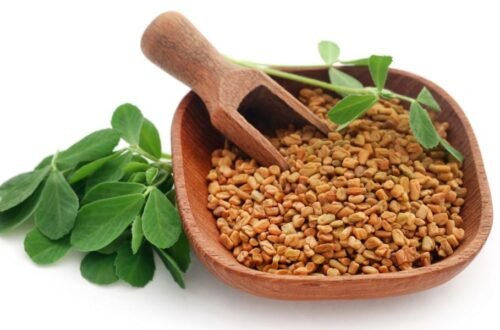What is Calcium:
Calcium stands as an indispensable mineral for human health, primarily recognized for its critical role in maintaining strong bones and teeth, embodying the essence of ‘Calcium for Stronger Bones and Health.’ It’s not just a building block for skeletal structure but also vital for other bodily functions, including muscle movement and nerve signaling. Moreover, calcium assists in blood clotting and maintaining a regular heartbeat. Its presence is so crucial that the body will draw calcium from bones if dietary intake is insufficient, underlining the importance of consistent and adequate calcium intake for long-term health.
Sources of Calcium:

Diverse sources of calcium make it accessible to people with different dietary preferences and restrictions; dairy products like milk, cheese, and yogurt are well-known calcium-rich foods, but plant-based sources such as leafy greens, almonds, sesame seeds, and fortified plant milks offer alternatives; for those who are lactose intolerant or follow vegan diets, fortified foods like cereals and juices can be key; exploring these various sources allows for a balanced and inclusive approach to meeting daily calcium needs, ensuring that individuals from all dietary backgrounds can maintain adequate calcium intake.
Calcium and Bone Health:
Calcium’s contribution to bone health is paramount; it not only helps build and maintain strong bones but also plays a critical role in preventing osteoporosis, a condition characterized by brittle and fragile bones; the synergy between calcium and vitamin D is particularly important, as vitamin D enhances calcium absorption; ensuring adequate intake of both nutrients is essential for maintaining bone density and strength, especially as one ages; this highlights the need for a diet rich in calcium, coupled with sufficient vitamin D, either from sunlight exposure or supplementation.
Calcium’s Role Beyond Bones:
The importance of calcium extends far beyond bone health; it’s also vital for muscle function, enabling muscles to contract and relax properly; in nerve signaling, calcium plays a role in transmitting messages between the brain and other parts of the body; additionally, it’s crucial in the blood clotting process, helping prevent excessive bleeding when injuries occur; these varied roles underscore calcium’s significance in overall health and wellness; a deficiency in calcium can lead to problems in these areas, further emphasizing the need for consistent dietary intake.
Rich foods for bones
1. Dairy Products:

Dairy items like milk, cheese, and yogurt stand out as traditional calcium powerhouses, providing not just high levels of calcium but often being fortified with vitamin D as well; this combination enhances calcium absorption, making dairy a top choice for bone health; for those who tolerate lactose, incorporating a variety of dairy products can significantly contribute to daily calcium intake; options range from hard cheeses, which are typically higher in calcium, to Greek yogurt known for its protein and calcium content.
2. Leafy Green Vegetables:
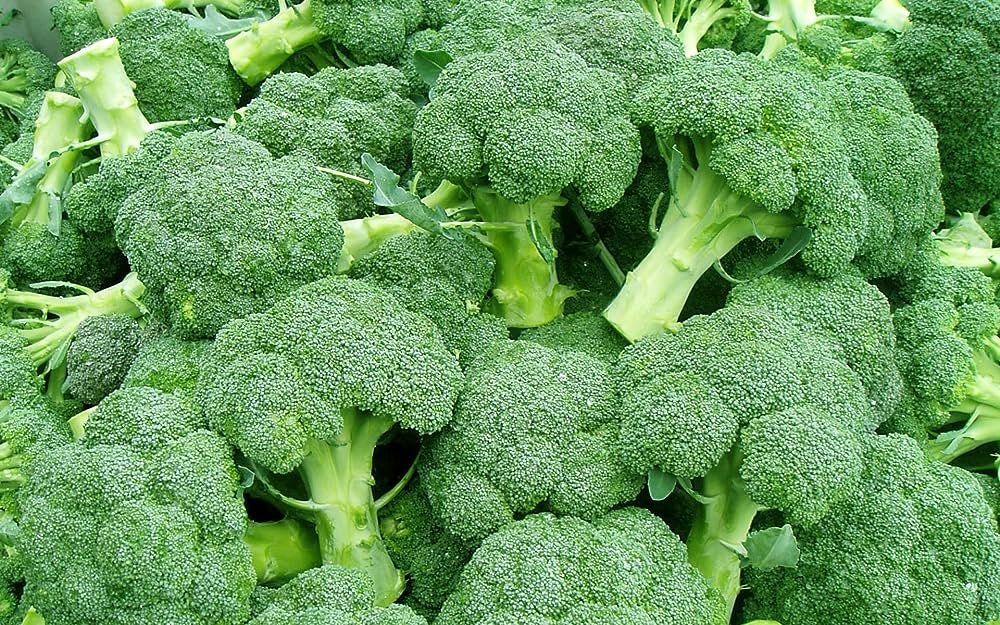
Vegetables such as kale, collard greens, spinach, and broccoli are not only rich in vitamins and minerals but also a great plant-based source of calcium; for those following a vegan or vegetarian diet, these vegetables are indispensable; kale and collard greens, in particular, are noted for their higher calcium content compared to other leafy greens; incorporating these vegetables into daily meals, whether through salads, smoothies, or as cooked sides, is an excellent way to boost calcium intake naturally.
3. Fish with Edible Bones:

Sardines and canned salmon with bones are unique in their calcium content, primarily due to their edible bones; these fish provide not only calcium but also essential omega-3 fatty acids, making them an excellent choice for overall health; including these in your diet can be as simple as adding them to salads, making fish spreads, or incorporating them into pasta dishes; they offer a dual benefit of bone health and cardiovascular health support.
4. Fortified Foods:

Many cereals, plant-based milk alternatives, and some types of orange juice come fortified with calcium, providing an additional or alternative source for those who may not consume enough dairy or other natural sources of calcium; these fortified foods can be especially important for individuals with dietary restrictions or preferences that limit their intake of traditional calcium sources; choosing fortified foods can be a strategic way to ensure adequate calcium intake throughout the day.
5. Nuts and Seeds:
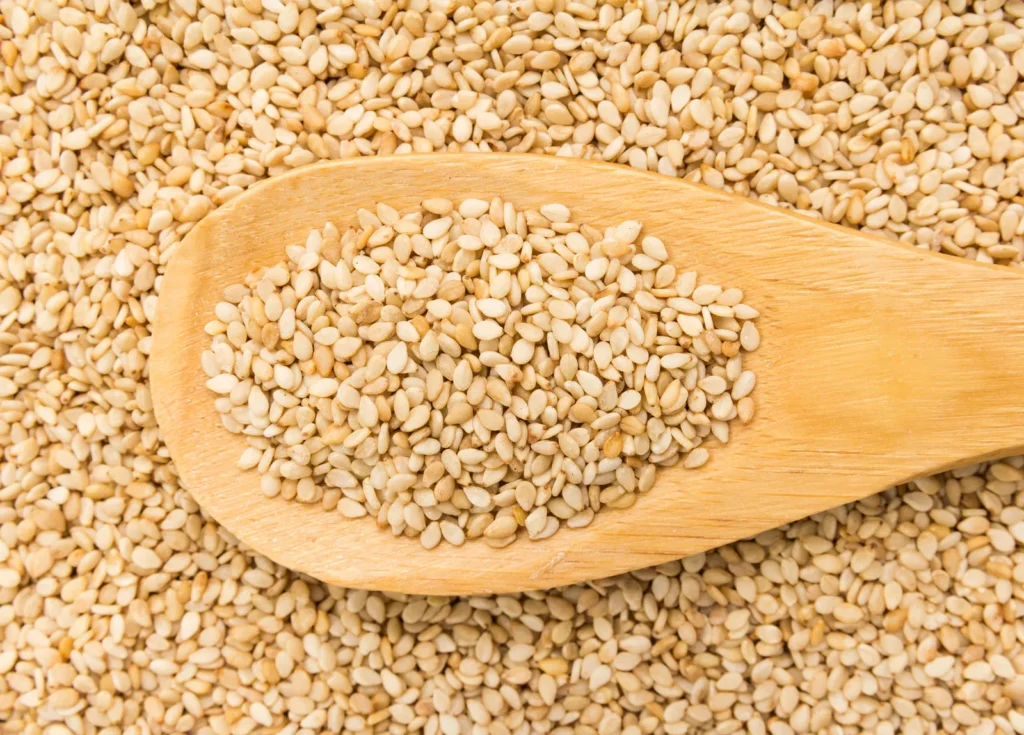
Nuts and seeds, such as almonds, sesame seeds, chia seeds, and tahini, are not just healthy snack options but also excellent sources of calcium; almonds, for instance, are not only high in calcium but also provide healthy fats and protein; sesame seeds and chia seeds can be easily added to various dishes, from salads to smoothies, increasing both the nutritional value and the calcium content of meals.
6. Legumes:
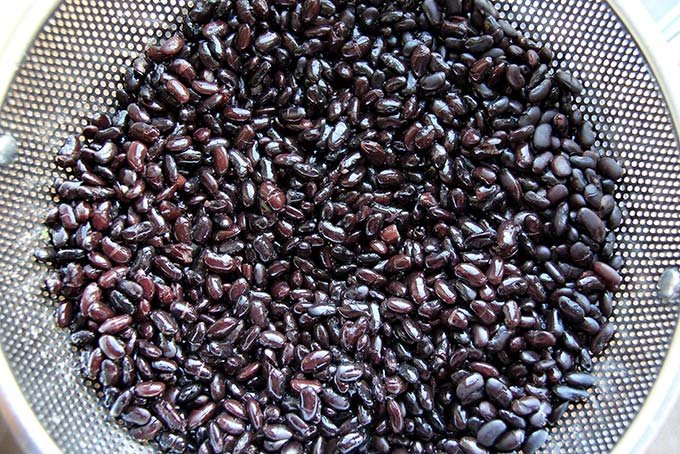
Beans, including black beans, chickpeas, and baked beans, are a versatile group of foods rich in fiber, protein, and various minerals, including calcium; these legumes can be incorporated into a wide range of dishes, from soups and stews to salads and even as a meat substitute in burgers and tacos; their versatility in the kitchen makes them an excellent option for those looking to boost their calcium intake.
7. Dried Fruits:

Dried fruits like figs and apricots are not only sweet, chewy, and a great snack option but also a source of calcium; adding these fruits to your diet can provide a natural sweetness and a healthy dose of calcium; they can be eaten alone, mixed into oatmeal, or added to homemade trail mix, providing a convenient and portable calcium source.
8. Tofu and Tempeh:
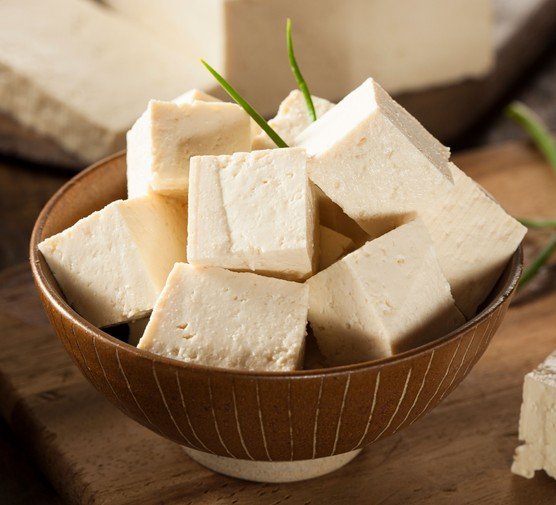
Tofu and tempeh, made from soybeans, are not only staple proteins in vegetarian and vegan diets but also potential sources of calcium, particularly when set with calcium sulfate; tofu, for instance, can vary in calcium content depending on the coagulant used in its production, with calcium-set varieties offering a significant amount; tempeh, being fermented, also offers additional health benefits, including probiotics; these soy products can be used in a variety of cuisines, from Asian-inspired stir-fries to grilling.
9. Calcium-Set Tofu:
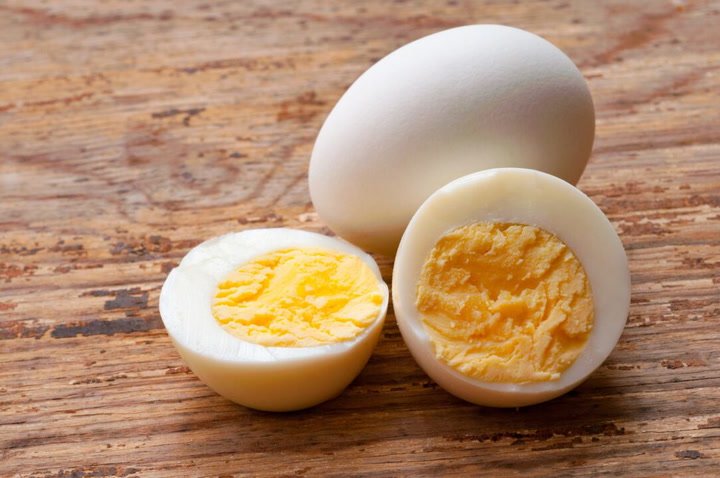
Tofu made with calcium sulfate stands out for its high calcium content, providing a significant portion of the daily requirement; this type of tofu is especially beneficial for those on plant-based diets; it’s versatile and can be used in numerous recipes, from savory dishes to desserts; blending into smoothies or scrambling like eggs are just a couple of ways to enjoy this calcium-rich food.
10. Herbs and Spices:
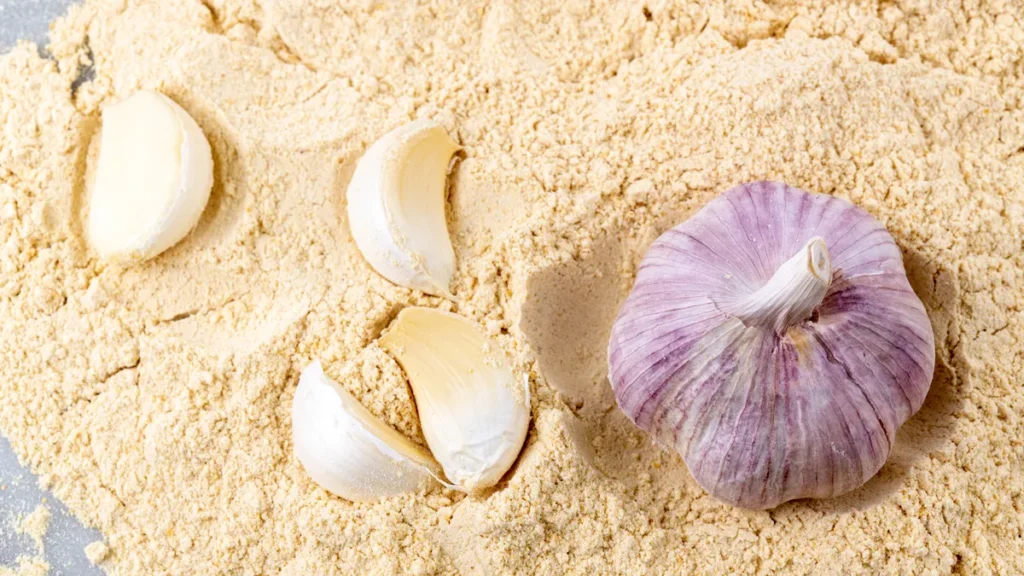
Incorporating certain herbs and spices into your meals, like dried basil, thyme, cinnamon, and garlic powder, can add not only flavor but also small amounts of calcium; while they should not be relied on as primary sources of calcium, these herbs and spices contribute to the overall intake when used consistently in cooking; they offer a simple yet effective way to enhance both the taste and nutritional value of your meals.
If you have any queries related to medical health, consult Subhash Goyal or his team members on this given no +91 99150 72372, +91 99150 99575, +918283060000




